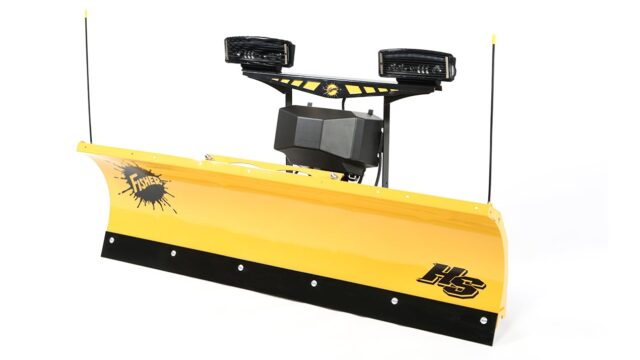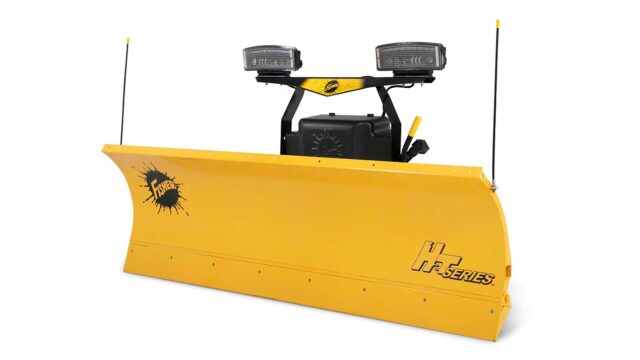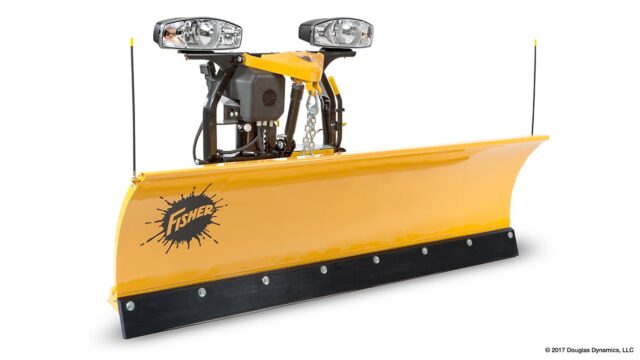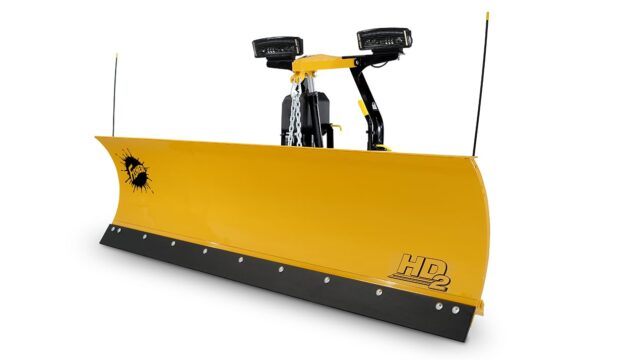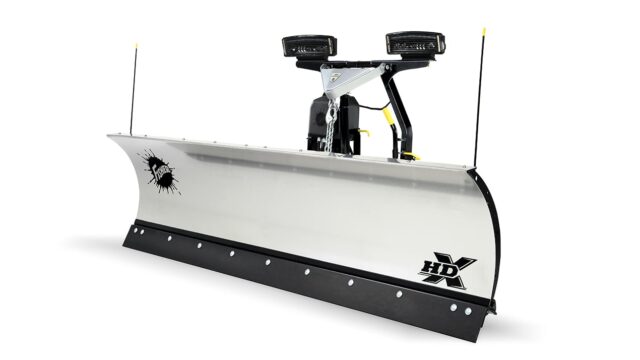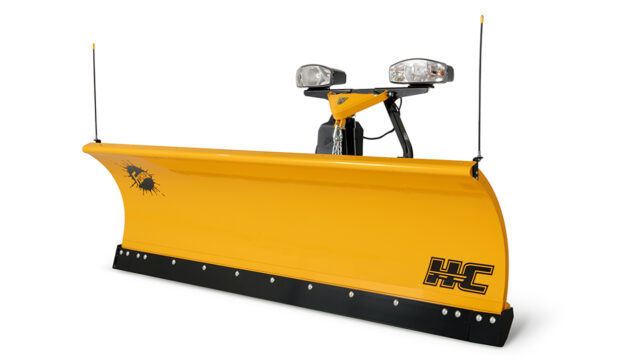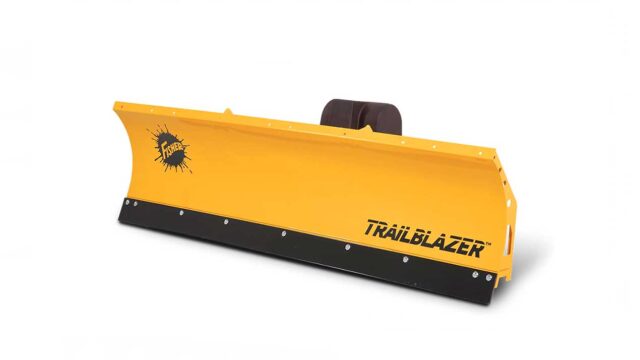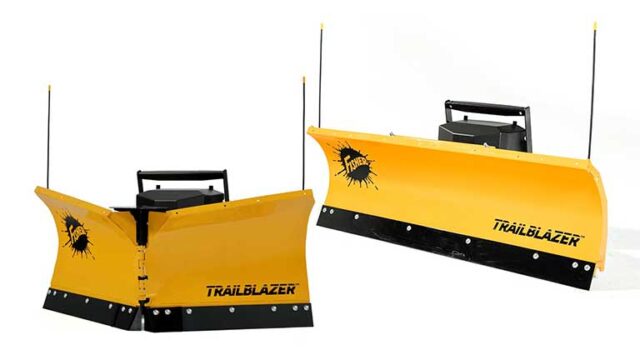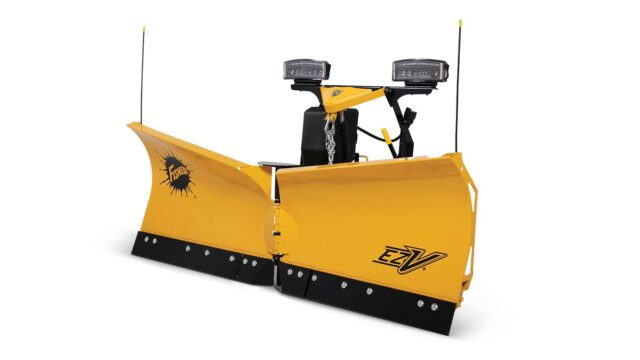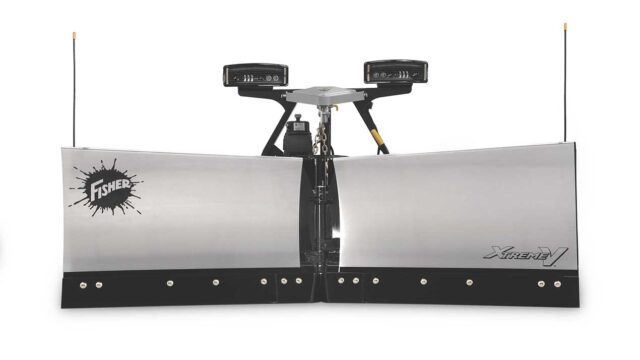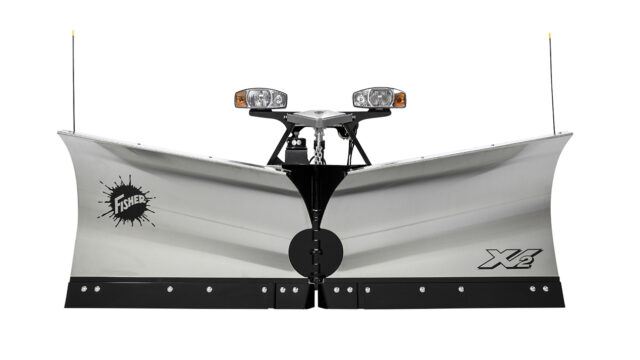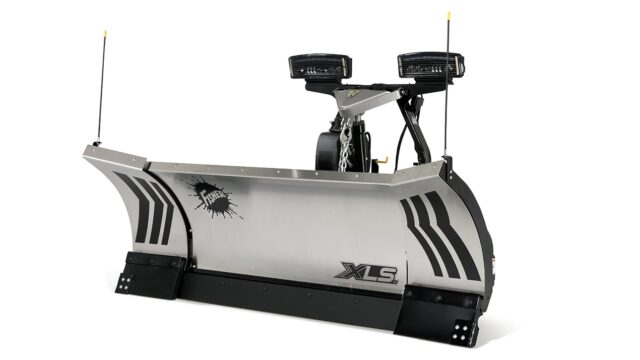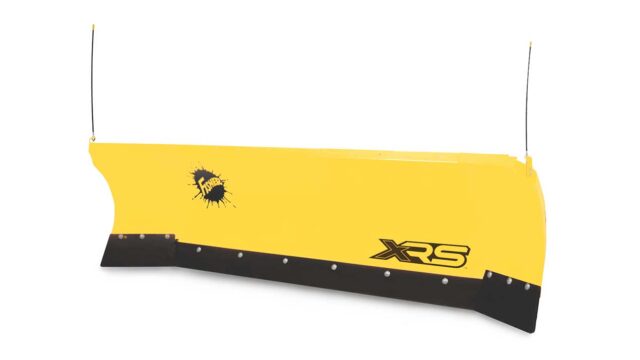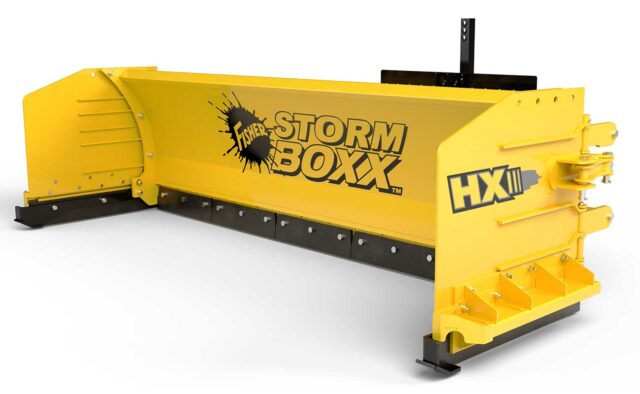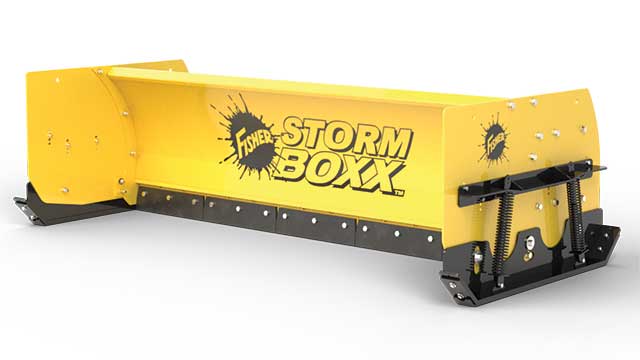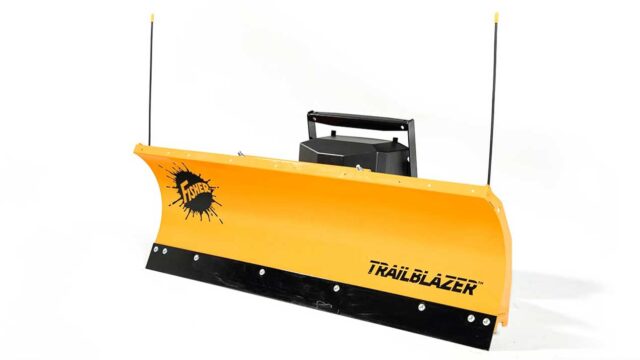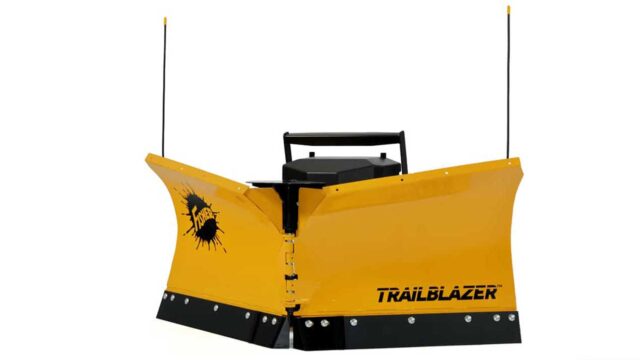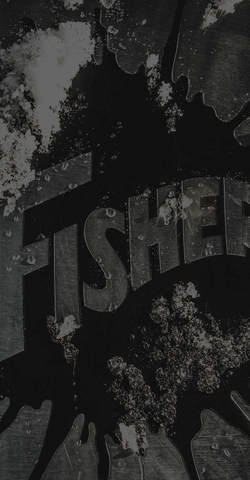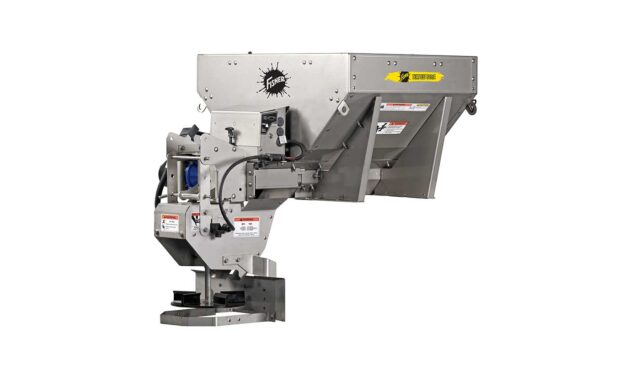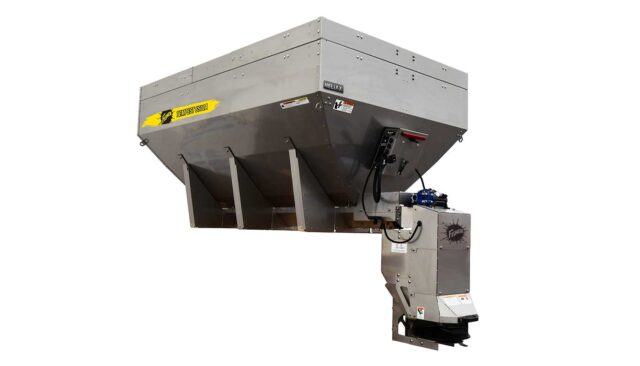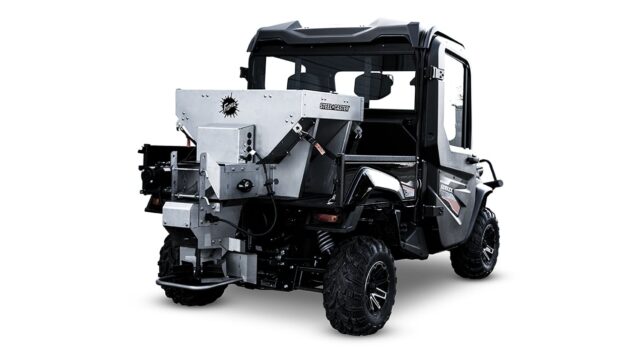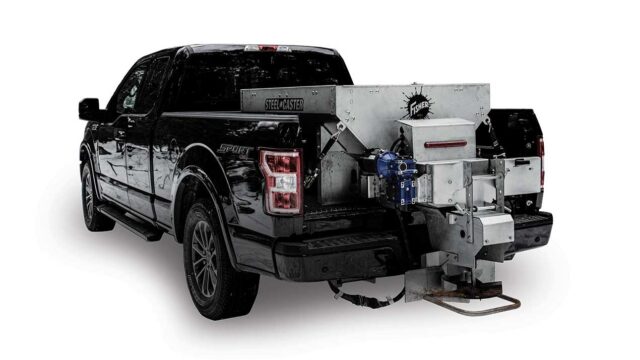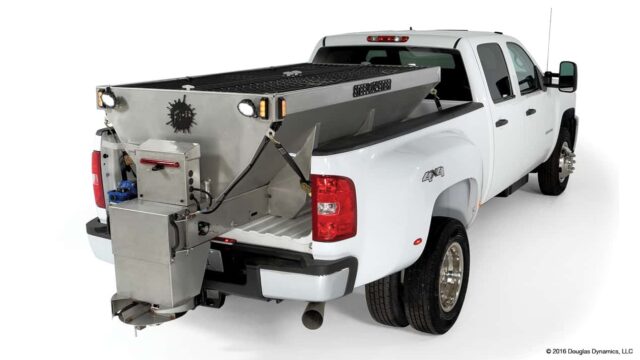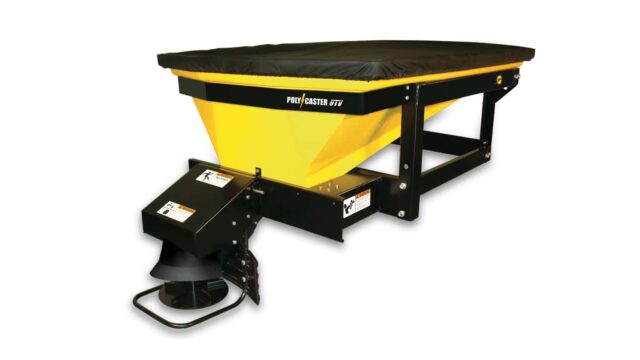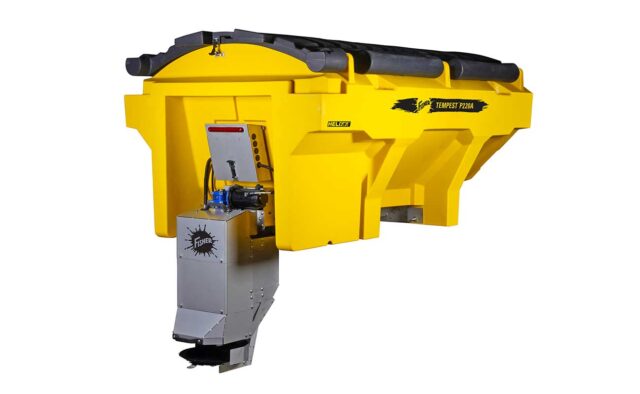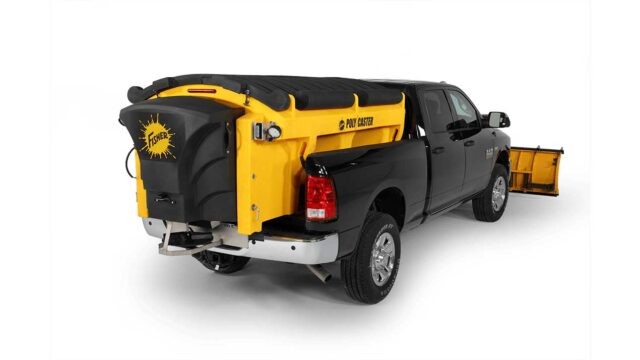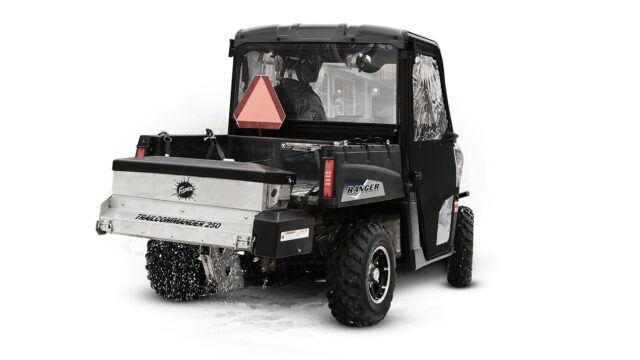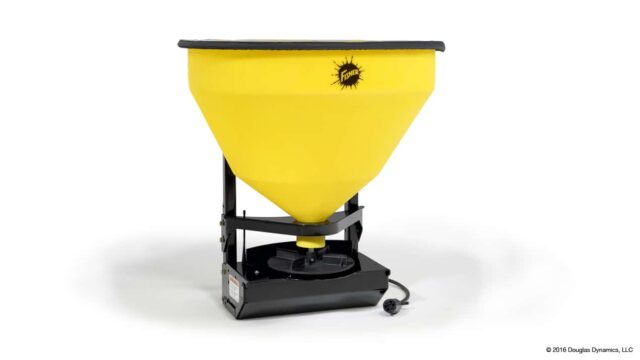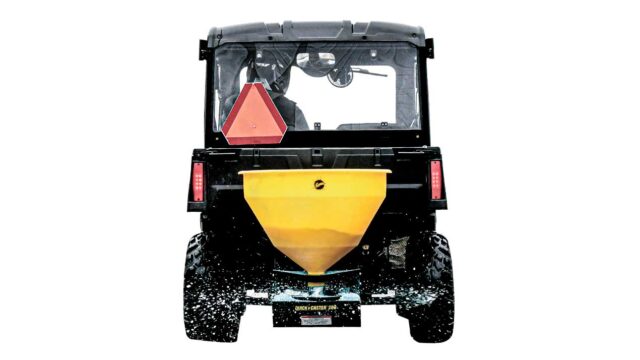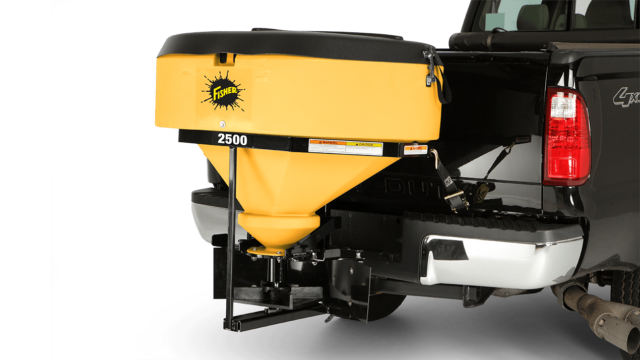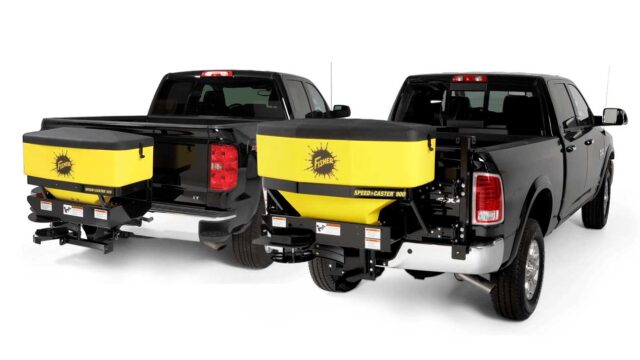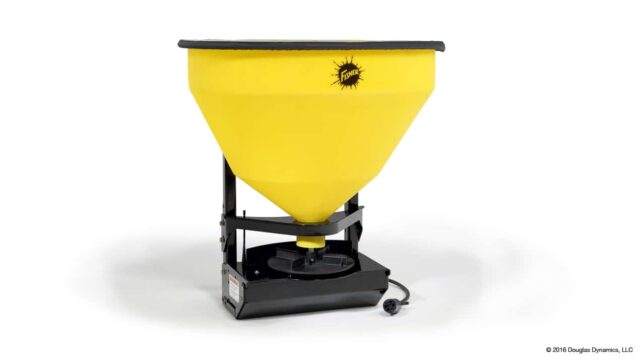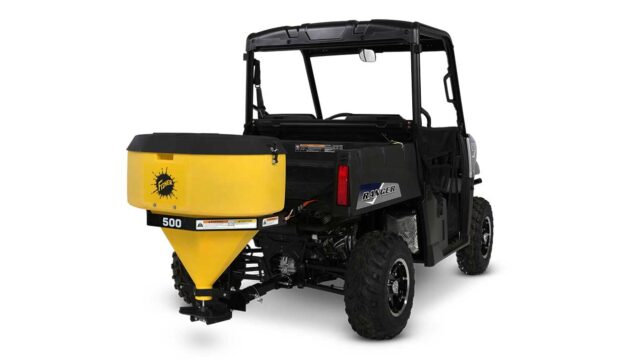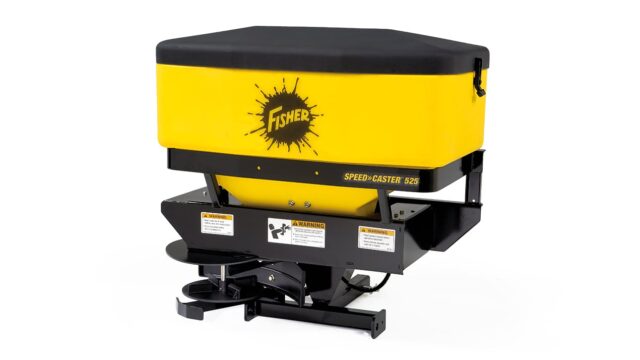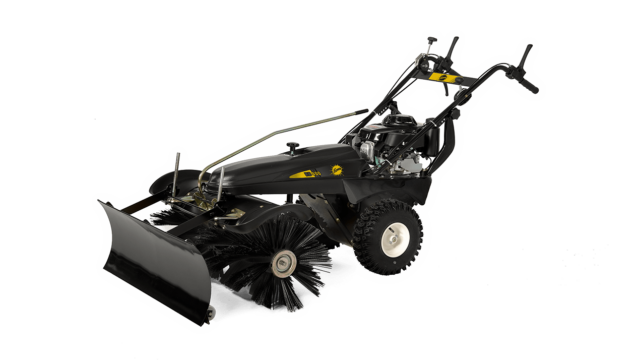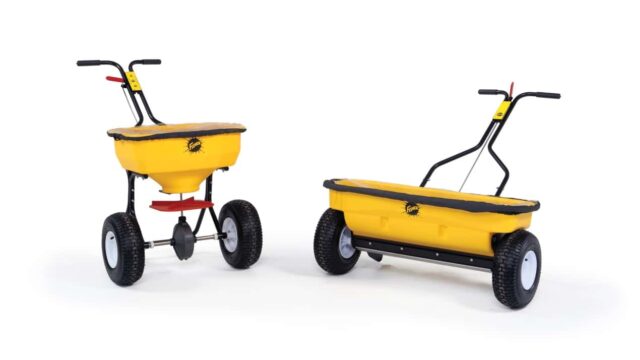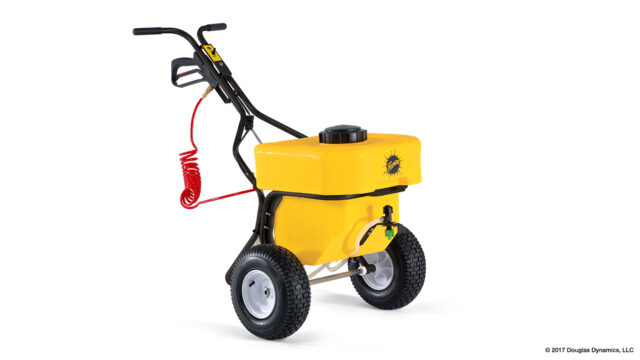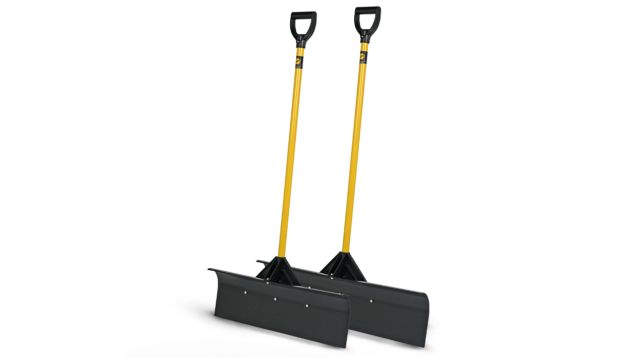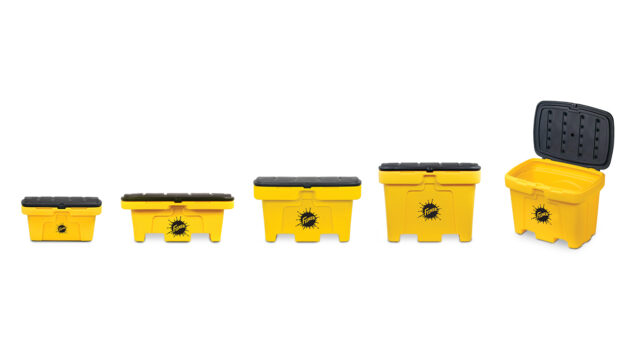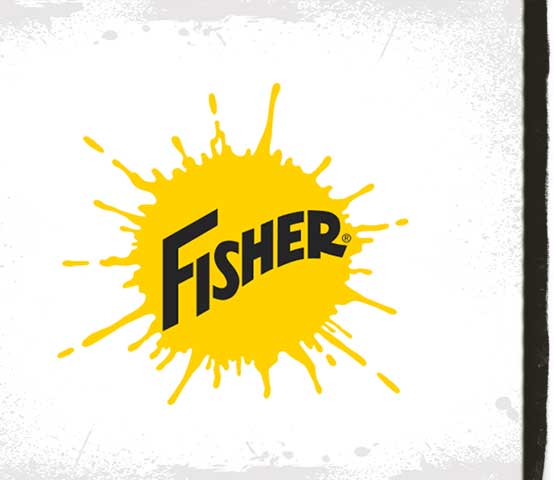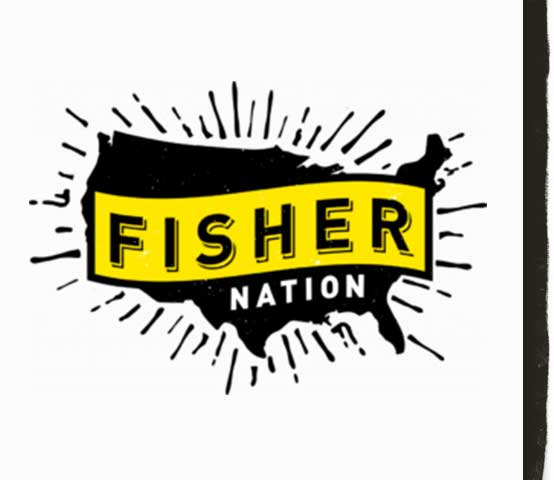Safety Precautions to Remember When Plowing at Night
Created November 15, 2020
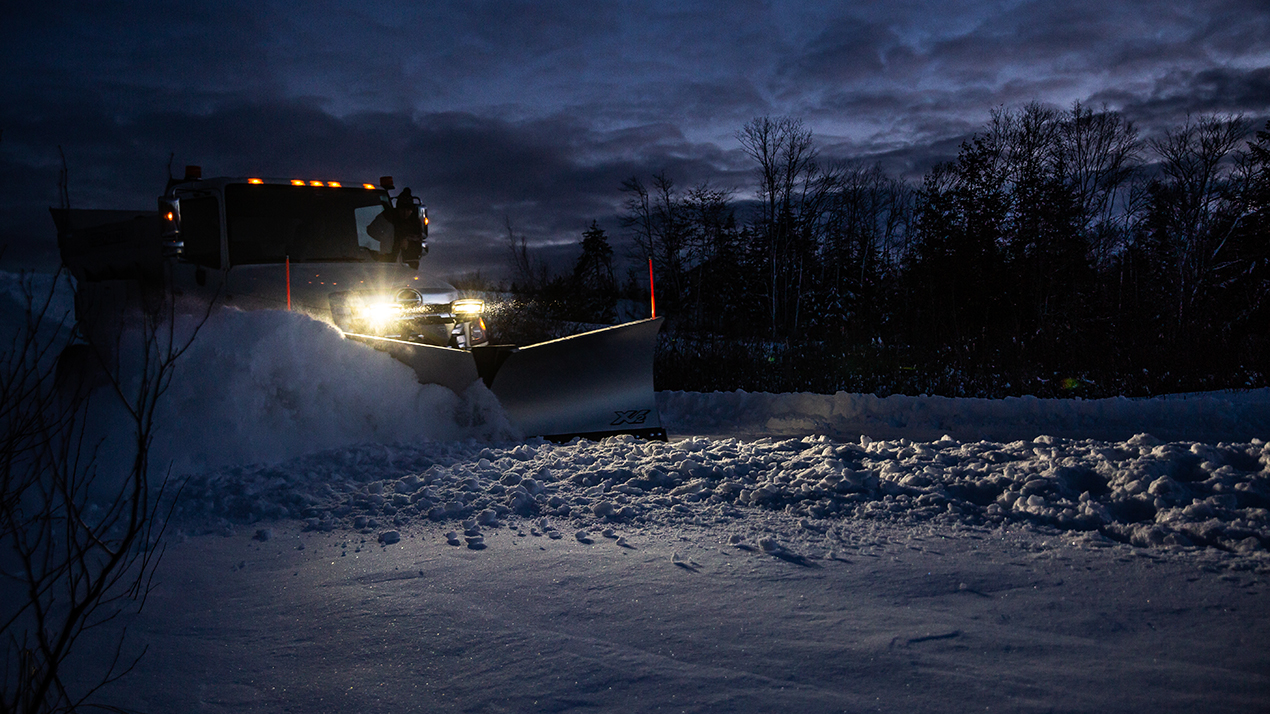
A company that’s safe is a company that’s profitable. Each accident and liability claim costs businesses money, not to mention the potential for serious injuries. When snow and ice control professionals are taught proper safety precautions, everyone wins. There are three critical safety areas that plow drivers need to remember, especially when driving at night.
#1: The Basics of Safety for Plow Drivers
Cutting corners to complete properties in record time isn’t sustainable when you’re sacrificing safety and quality at the same time. There are certain rules that should never be broken when plowing, no matter how efficient you are trying to be.
Remember, this is a public service—not a race. Obeying all traffic laws and driving at safe speeds will greatly decrease your chances of an accident or breakdown. Plow vehicles should be driven at a slow and steady pace, not exceeding 25 mph. It’s easy to dismiss this when plowing at nighttime and the roads are quiet, but you never know who could be coming around the corner. Staying focused and alert while maintaining clear visibility are critical to plowing safely. Keep your windshield wipers clean and a snowbrush or scraper in your car for backup.
Do not retrofit an LED bulb into a halogen case to save on cost. Although it may appear to work totally fine, the resulting light pattern is unsafe and not road legal. This type of use allows too much light to shine above the horizon, blinding other drivers. The headlamps will also freeze up since LEDs don’t radiate the heat needed to melt snow and ice. True LED headlamps have advanced technology to meet the needs of plow drivers. Learn more about the FISHER® patented INTENSIFIRE™ LED headlamps.
#2: Practicing Defensive Driving & Snow Removal
Road conditions are usually not at their best in the middle of a blizzard. Although there are a few proactive steps you can take to ensure safety, the only thing completely within your control is yourself. Always keep one eye on your surroundings and be aware of blind spots. Both you and fellow travelers are driving on slippery surfaces. You’re driving a truck that is much heavier than usual, meaning that driving defensively and being aware of your surroundings can be a matter of life and death.
Even during the worst winter storms, you will have passing traffic and pedestrians. Be mindful of other drivers who seem to be driving erratically or tailgating and provide plenty of space between you and other vehicles/pedestrians. This eliminates some risk in case anything unexpected should occur, such as hitting a patch of black ice. If you handle HOAs or other communities, look out for kids on sleds, snowmobiles/ATVs, cars parked on the side of the streets or other obstacles in your path.
During your pre- season inspection, place markers near obstacles and keep notes available for all members of the team in case someone else needs to take over servicing the property. Carefully plow around these hazards to protect your equipment. Snowplow operators can also utilize plow guides on each end of the blade to clearly see how close the plow is to curbs or buildings.
#3: Handling Unexpected Breakdowns & Accidents at Night
Wearing high visibility PPE gear should come as no surprise in the snow and ice industry. It is even more essential when you’re out fixing equipment or taking care of sidewalk clean-up. Being noticed in every way possible reduces a handful of safety risks which only intensify when it’s dark out. This includes using strobe lights on your equipment to make your work area known to others.
Being fully prepared can help you in case of emergency. Make sure your cell phone has enough battery and bring a charger along in case it turns into a long night. Packing essentials like healthy snacks and water can reduce down time and fatigue, keeping you nourished and hydrated. And don’t forget to stay stocked with spare parts and tools as well as additional dry clothing.
STOP (Seat belt on, Take precautions, Obey traffic laws, Pay attention)
Anything can happen in a split second. Take all safety precautions when plowing at night and aim for optimum visibility as your first defense.
